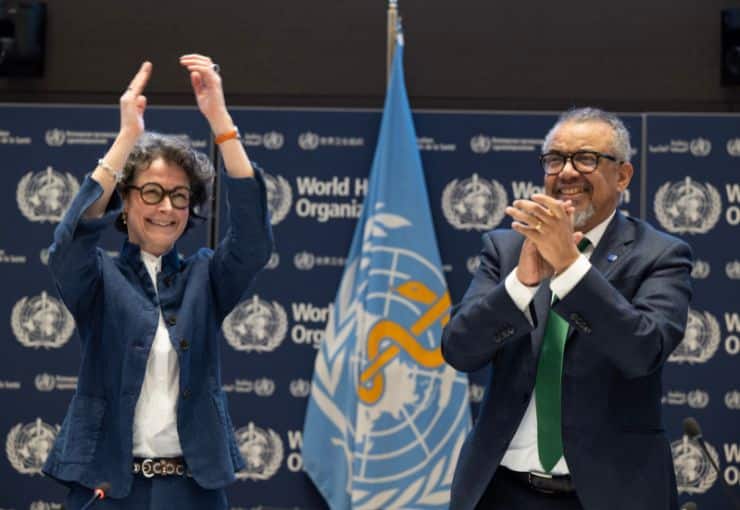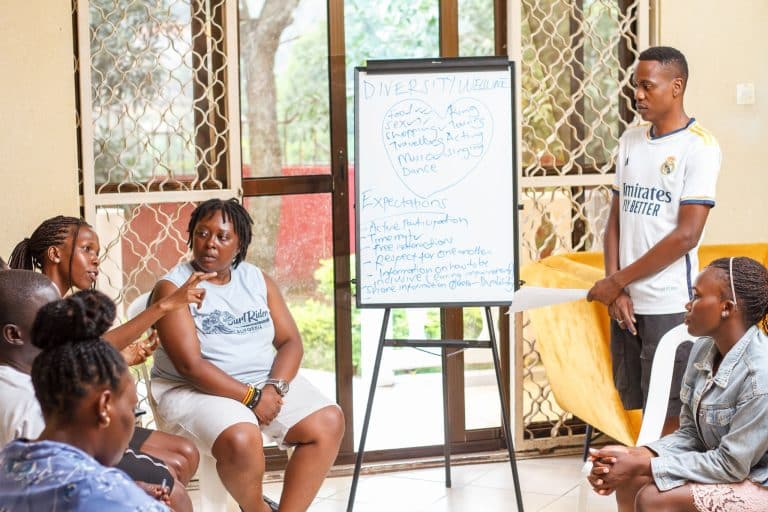Wemos has collaborated with the Center for Health, Human Rights and Development (CEHURD) and Uganda Debt Network (UDN) in a study on the progress of the Global Financing Facility (GFF) in Uganda. We specially looked into the implementation of Results-Based Financing in the Uganda Reproductive Maternal and Child Health Services Improvement Project (URMCHIP), to which the GFF is a contributor. We found that a human rights approach is central to the GFF’s partnership in this case, but also encountered challenges.
Results-Based Financing is “a cash payment or non-monetary transfer made to a national or subnational government, manager, provider, payer or consumer of health services after pre-defined results have been attained and verified.”
We found positive effects of Results-Based Financing in Uganda, such as improved availability of and access to medical supplies and services in facilities, especially to high-priority maternal and child health care interventions. In addition, some of the health workforce gaps (i.e. laboratory and administrative staff in particular; not midwives or nurses) that were caused by a ban on recruitment were filled using money from the Results-Based Financing programme. One of our respondents mentioned hiring an anaesthetist in their facility, which allowed for C-sections at their health centre, instead of referring to the hospital.
However, we also found that there still needs to be better and more timely disbursement of funds to the facilities and more transparency about the flow of funds. Moreover, the health sector should provide complementary funding and services to avoid diluting the improvements in the selected areas of the Results-Based Financing programme. Finally, we also found limited participation of civil society organisations, who seem to be left to handle the bulk of the tasks on sensitisation of communities to demand for accountability.
With our report, we expect to contribute towards the mission of upholding governance and human rights under the GFF in Uganda. Our recommendations can be used for national level advocacy for improvements of delivery of Reproductive, Maternal, Newborn, Child and Adolescent Health (RMNCAH) services in Uganda, but also as a learning opportunity for other contexts that are implementing Results-Based Financing, either with or without the support of the GFF.
Earlier work on the Global Financing Facility
Read our report here. You might also remember the brief with updates regarding the GFF in Uganda that we published in December 2020.




